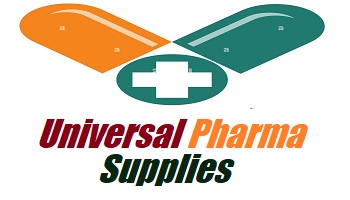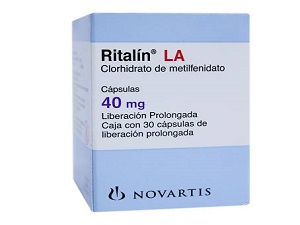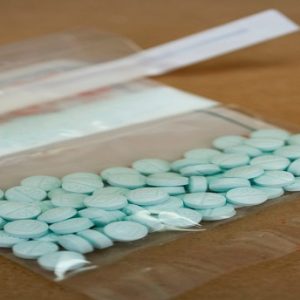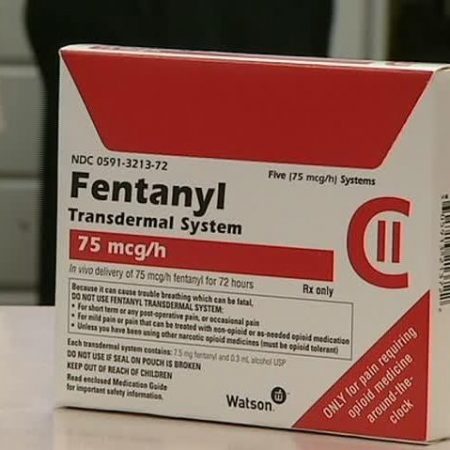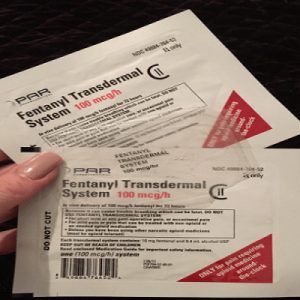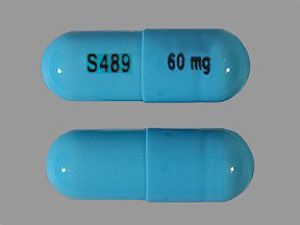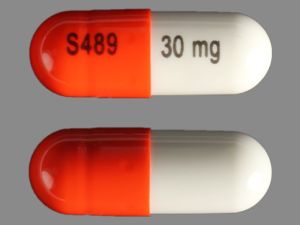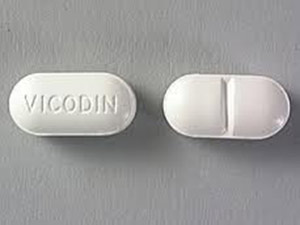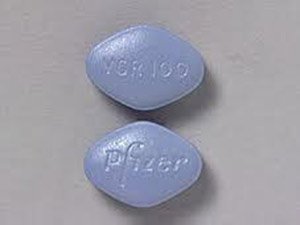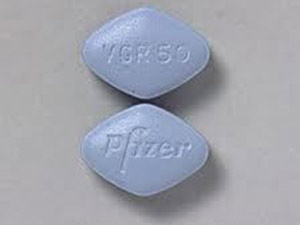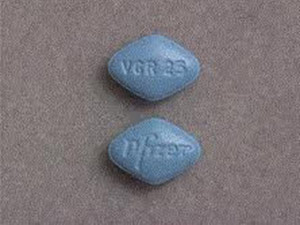Buy Ritalin Online
What is Ritalin?
Ritalin is the brand name for generic methylphenidate. It belongs to the central nervous system (CNS) stimulant of piperidine and phenethylamine classes. Methylphenidate got approval for medical use in the United States in the year 1955. In 2013, approximately 2.4 billion doses of the medication consumed worldwide, of which, the people of America took nearly 80% of prescriptions.
Ritalin is available both as a generic and trade medication as immediate-release (comes in the strengths of 5, 10, and 20 milligrams of methylphenidate hydrochloride) and sustained-released tablets (comes in the strength of 20 milligrams of methylphenidate hydrochloride.)
Apart from the active ingredient, the inactive components of Ritalin immediate-release pills are lactose, sucrose, talc, magnesium stearate, tragacanth, polyethylene glycol, and color additives. Ritalin sustained-release pills have cellulose compounds, lactose, mineral oil, titanium dioxide, cetostearyl alcohol, povidone, and zein.
Uses
Ritalin pills are useful for the treatment of narcolepsy and attention deficit hyperactivity disorder. It is the first-line treatment for ADHD in the United States. Ritalin works by blocking norepinephrine and dopamine reuptake by neurons.
Attention Deficit Hyperactivity Disorder (ADHD):
Ritalin treats the symptoms of ADHD. Behavioral modification therapy may be having additional benefits when used in adjunct. Approximately 70% of ADHD patients who use Ritalin experience benefits and decreased symptoms. The remaining 30% either don’t have any benefit at all, or the side effects overcome its effectiveness.
ADHD patients have a high risk of substance use disorder without treatment, but Ritalin reduces that risk.
Narcolepsy:
A chronic sleep disorder, narcolepsy, is the overwhelming daytime sleepiness and uncontrollable sleep. The most common symptoms of narcolepsy, such as excessive drowsiness, sleep paralysis, hallucination, and cataplexy, are responsive to Ritalin. The medication improves vigilance and performance and increases wakefulness.
Side Effects
The most common adverse effects of Ritalin include dry mouth, appetite loss, nervousness or anxiety, insomnia, and nausea.
Gastrointestinal adverse effects include weight loss and pain in the abdomen.
Nervous system effects including irritability, agitation, restlessness, akathisia, dyskinesia, drowsiness, fatigue, lethargy, and dizziness
Cardiac effects include a change in heart rate and blood pressure, palpitations, tachycardia, and reduced flow of blood to hands and feet.
Ophthalmologic effects include dry eyes, blurred vision, and diplopia, and mydriasis in rare cases.
Other non-desirable effects include emotional lability, depression, confusion, hyperhidrosis, bruxism, and chest pain.
Interactions
Some clinically significant drug interactions of Ritalin immediate-release and sustained-release tablets include:
Monoamine Oxidase Inhibitors (MAOIs): Concurrent use of MAOIs and any central nervous system stimulants such as Ritalin causes a hypertensive crisis. Outcomes of this crisis may include stroke, death, aortic dissections, myocardial infarction, ophthalmological complications, renal failure, pulmonary edema, and eclampsia.
Antihypertensive Drugs: Ritalin may decrease the effectiveness of antihypertensive drugs. It results in increased hypertension for the patients.
Halogenated Anesthetics: Using halogenated anesthetics and Ritalin together may increase the risk of sudden elevation of heart rate and blood pressure during surgery, thus leading to death.
Warnings
Potential for Dependence and Abuse
Ritalin is a CNS stimulant that possesses a high risk of dependence and abuse. Doctors should assess the risk of addiction and abuse while prescribing the medication.
Severe Cardiovascular Reactions
Myocardial infarction, stroke, and death reported in adults on the treatment of Ritalin. Pediatric patients with acute heart problems or structural cardiac abnormalities are at higher risk of sudden death. Avoid the use of Ritalin IR or SR in patients with cardiomyopathy, structural cardiac defects, severe heart rhythm abnormalities, coronary artery disease, and fatal heart problems.
Hypotension and Increased Heart Rate
Ritalin can cause increased heart rate and blood pressure. The rate of increase varies for different individuals. Carefully monitor patients for tachycardia and hypotension.
Psychiatric Reactions
Ritalin may exacerbate symptoms of thought disorder and behavioral disturbance in patients who have a preexisting psychotic disorder.
The medication may induce a mixed mood or manic episode in patients. Medical professionals should screen patients for risk factors such as a family history of depression, bipolar disorder, or suicide, or comorbid or history of depression.
Ritalin IR and SR, at recommended doses, may cause manic or psychotic symptoms such as delusional thinking, depression, hallucinations, and mania, even in patients without a history of mental illness. It is recommendable to discontinue the use of the medication if such symptoms occur.
Priapism
Patients using Ritalin reported a painful or prolonged erection that sometimes requires surgical intervention. Priapism doesn’t occur after initiate; however, it may develop after using Ritalin for some time.
Suppression of Growth
Stimulants like Ritalin may suppress the growth rate in pediatric patients. Doctors should closely monitor the height and weight of pediatric patients while on Ritalin treatment.
Instructions:
Doctors should carefully assess the patients for cardiac diseases before starting treatment with stimulants such as Ritalin.
It is recommendable to assess the risks of dependence and abuse before prescribing the medication. Monitor patients closely, maintain prescription records, and periodically re-evaluate the need for Ritalin IR or SR tablets.
Ritalin Immediate-Release Tablets
For pediatric patients above 6 years of age, start the treatment with a 5 mg dose given two times a day, usually before breakfast and lunch. Gradually increase the dosages with increments of 5-10mg per week.
For average adults, start the treatment with 20-30 mg per day. Administer orally in divided doses. Do not surpass the daily dosage of more than 60 mg.
Avoid taking Ritalin in the late evening as it can cause sleep problems. Take the last daily dose before 6:00 pm.
Ritalin Sustained-Release Tablets
Ritalin sustained-release tablets have an action of nearly 8 hours. Therefore, patients may use Ritalin SR pills instead when Ritalin SR 8 hours dosage corresponds to titrated Ritalin IR 8 hour dosage.
Reduce the dosages if worsening of symptoms or other paradoxical reactions occurs. A doctor may advise discontinuing the treatment if side effects overcome the effects of the medication and do not show desired results after a month.
Showing all 4 results
